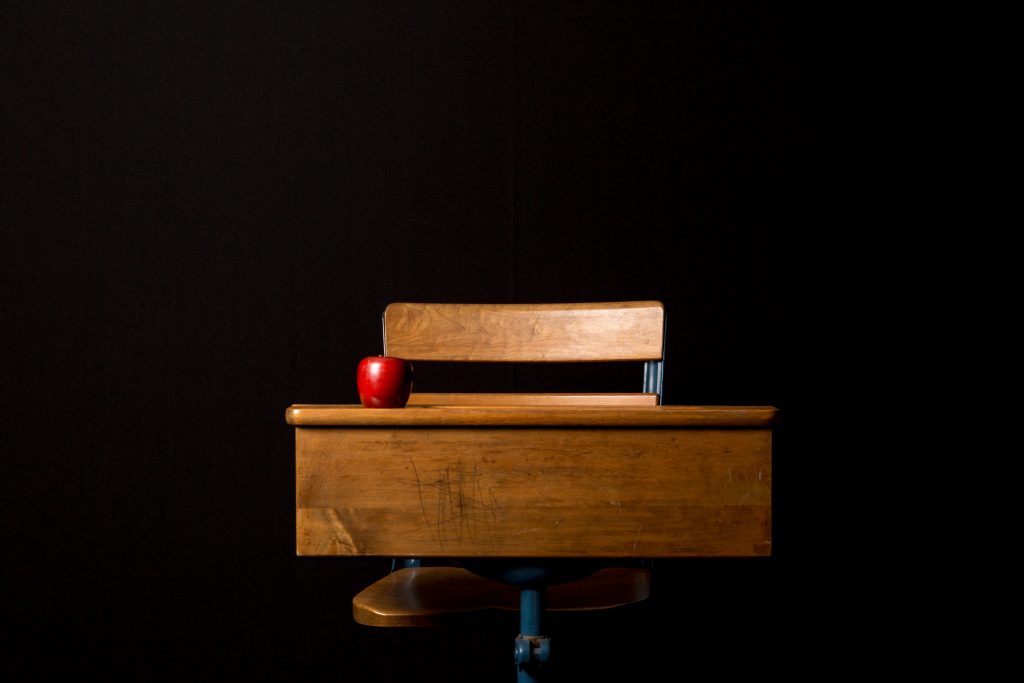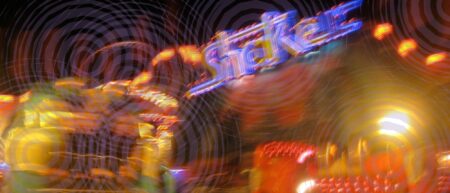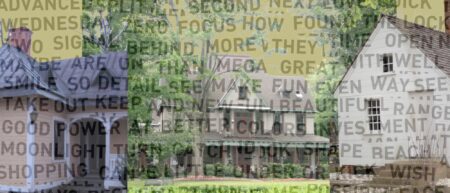
From The Québec Ministry of Education:
“The purpose of the IEP is to help a student … because of a handicap or difficulties … progress optimally in developing the competencies required for success.”
STUDENT:
Karen Zey Karen Zey, writer of creative nonfiction
DOB:
59+ years ago
(The reader-writer contract for veracity and narrator vulnerability does not apply here. Senior status = invisible demographic. DOB should remain confidential.)
PROGRAM OF STUDY:
Personal Essays 101
CURRENT WRITING LEVEL:
Emergent, with promise
ASSESSMENTS TO DATE:
· 116 rejection notices, 4 with personalized notes of encouragement
· 10 published essays
· 1 Pushcart nomination, 2015
· 15 active submissions, results pending
IDENTIFIED SPECIAL NEEDS:
· The truth will out. Diagnosed with Developmental Delay, typical of a 63-year-old aspiring writer who turned to essays after three decades in another profession. Functional delays include: trite imagery, occasional clutter, some underdeveloped themes.
· Co-morbid with Artistic Adjustment Disorder. Axis 1: frequent episodes of disequilibrium caused by gap between former expertise and current fumbling as an emerging writer.
BACKGROUND INFORMATION:
· Previous schooling: B.A. in English Literature and M. Ed from McGill University, both unfortunately from another century. More recent certifications in various special ed. interventions, all life-expanding, but not directly applicable to writing creative nonfiction (except as essay fodder).
· Stable social network: widowed young, but happily remarried for 20 years; successfully launched adult son; circle of long-time friends.
· Experience with writing tasks at previous job (educational policies, teaching guides, autism newsletters) provided sustained practice in grammar basics and writing with clarity, but few creative opportunities.
STUDENT STRENGTHS:
· Essay topics readily available: old enough to have experienced soaring joy, paralyzing loss, giddy romance, family conflicts, and surprising twists of life.
· Willingness to focus bird by bird.
· Dedicated writing space: a room of her own with a Waldenesque view of trees.
· Wide vocabulary. A lifelong reader of everything from trashy airport thrillers to epic novels of astonishing wisdom and beauty. Newly dedicated to reading literary journals, both print and online, as well as memoirs.
· Awareness of her limited knowledge of craft. Just beginning to hit a few notes of tenderness and insight in her writing. Also—has mastered the em dash.
STUDENT WEAKNESSES:
· Academic language and distant tone—holdovers from previous career—continue to interfere with new learning.
· Inconsistent use of metaphor.
· Tendency to over-revise or not revise enough.
· Intimidated by young writers with MFAs published in top-tier literary magazines.
· Reacts with prolonged discouragement to “not a good fit,” “we hope your essay finds a home in another place,” and “thank you for submitting, but…”
· Sometimes engages in avoidance behaviours: scrolling through Twitter, googling “places that accept flash nonfiction,” turning on CNN, pretending to go winter mall walking for reflection when actually shoe shopping.
LONG-TERM GOAL:
· To write essays worthy of publication.*
*Essays that prompt readers to recognize a shared moment in the tiny truth laid down on the page. Maybe one day gather enough of those tiny truths and connected essays for a book—a book about a life working in schools, about the unique spirits of all the struggling learners, about parents both vulnerable and resilient, about shining breakthroughs in classrooms—both the narrator’s and the students. A pulling together of authentic sparks of human connection in one luminous volume tastefully displayed in quaint independent bookstores in towns and cities across the country.
SHORT-TERM OBJECTIVES & STRATEGIES:
· More daily reading. Essays, from flash to long-form, plus other genres.
· Thorough study of POV, imagery, form, voice, arc, collage, compression.
· More daily writing. With a keyboard or a pen. In a notebook or on a napkin. At home or on the road. Devoting time every week for mulling over ideas.
· More workshops and online courses. Preferably out of the comfort zone. In all seasons and every year.
· Regular participation in peer writing groups. Listening to feedback from trusted readers on whether objectives for an individual essay are achieved.
· Experimentation with prose poems and lyric essays. At least one attempt at a hermit crab essay.
· Engagement with a community of fellow writers, shoring each other up, talking about the writing life, waiting for the next editor who will say YES.
PROGRESS:
To be determined.
 Karen Zey is a Canadian writer from la belle ville de Pointe-Claire, Quebec. Her work has appeared or is forthcoming in Burningwood Literary Journal, Crack the Spine, Hippocampus, Prick of the Spindle, River Teeth’s ‘Beautiful Things,’ and other places. @ZippyZey
Karen Zey is a Canadian writer from la belle ville de Pointe-Claire, Quebec. Her work has appeared or is forthcoming in Burningwood Literary Journal, Crack the Spine, Hippocampus, Prick of the Spindle, River Teeth’s ‘Beautiful Things,’ and other places. @ZippyZey



